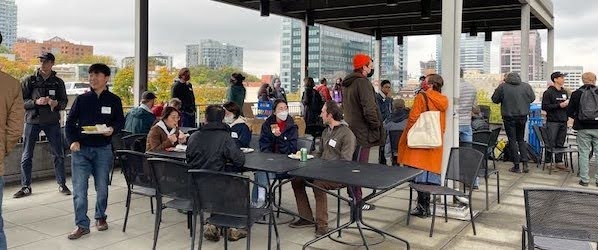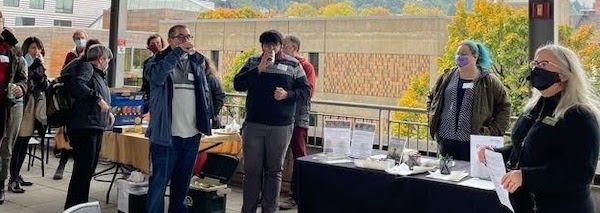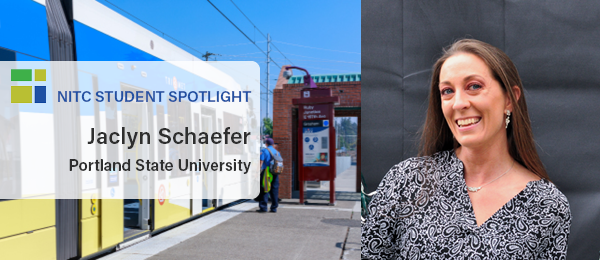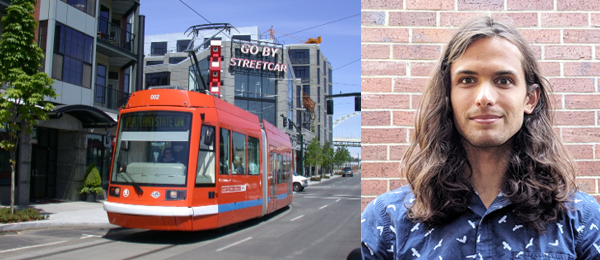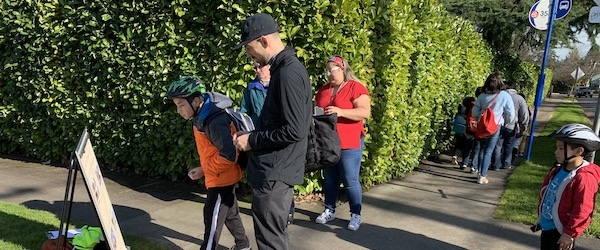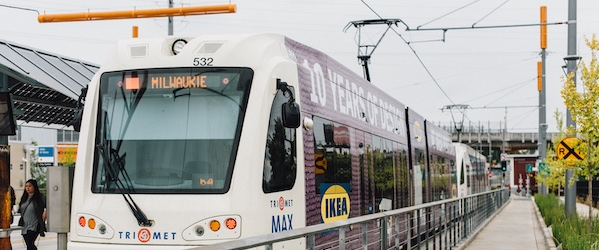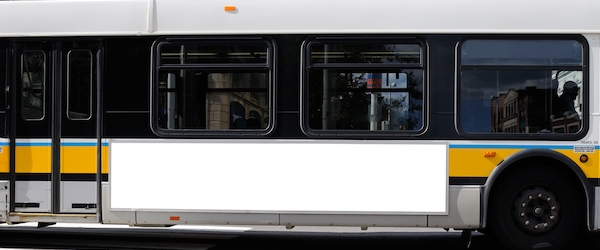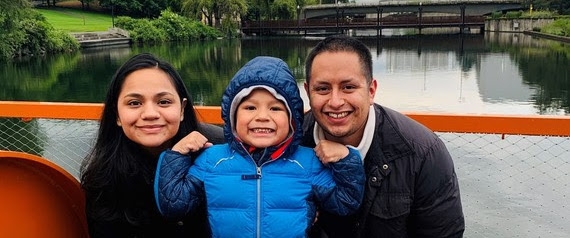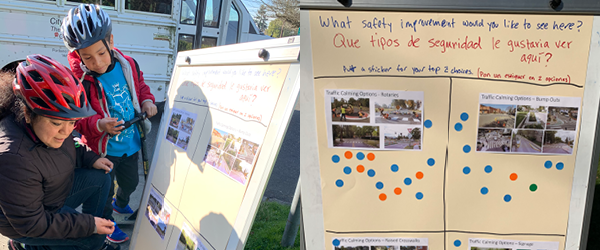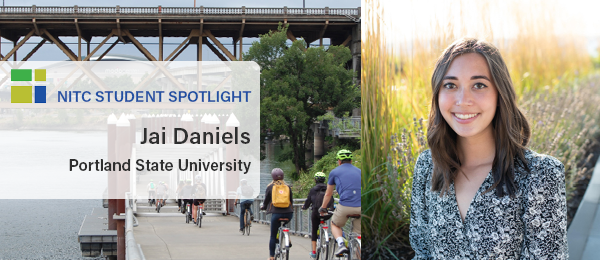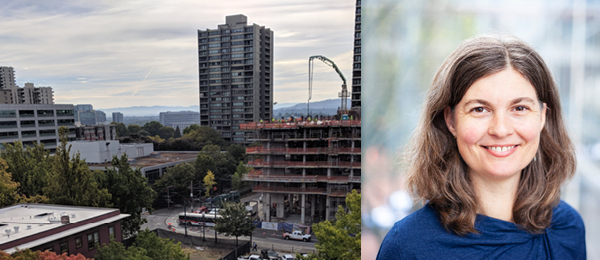Last week, we celebrated a return to in-person learning on the Portland State University campus with a welcome-back-to-school luncheon for transportation students. The gathering, held Wednesday Oct 13 on the rooftop of PSU's Urban Center building, was intended as a reboot for the Students in Transportation Engineering and Planning (STEP) student group. Around 40 people attended for lunch, greetings, and introductions to some of the core transportation faculty. TREC director Jennifer Dill gave an overview of some of the ways TREC can support students in their transportation careers (for example, funding for attending trainings and conferences.) Transportation students can also apply for scholarships through TREC – see some past PSU transportation scholars.
ELECTIONS FOR STEP LEADERSHIP BOARD
The next order of business will be to...
Read more
